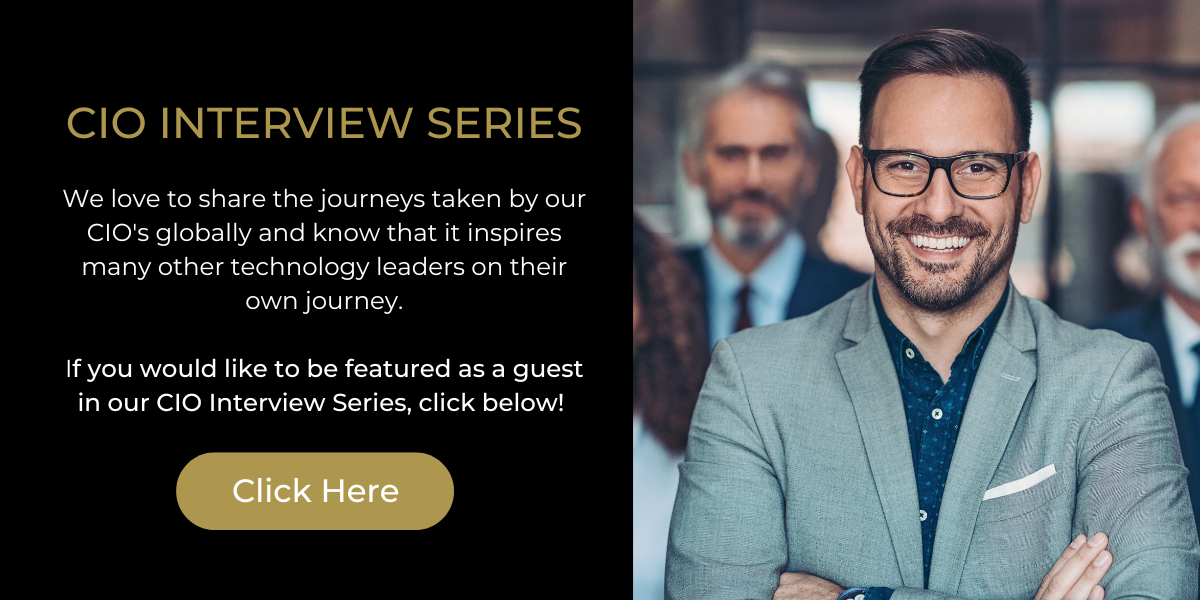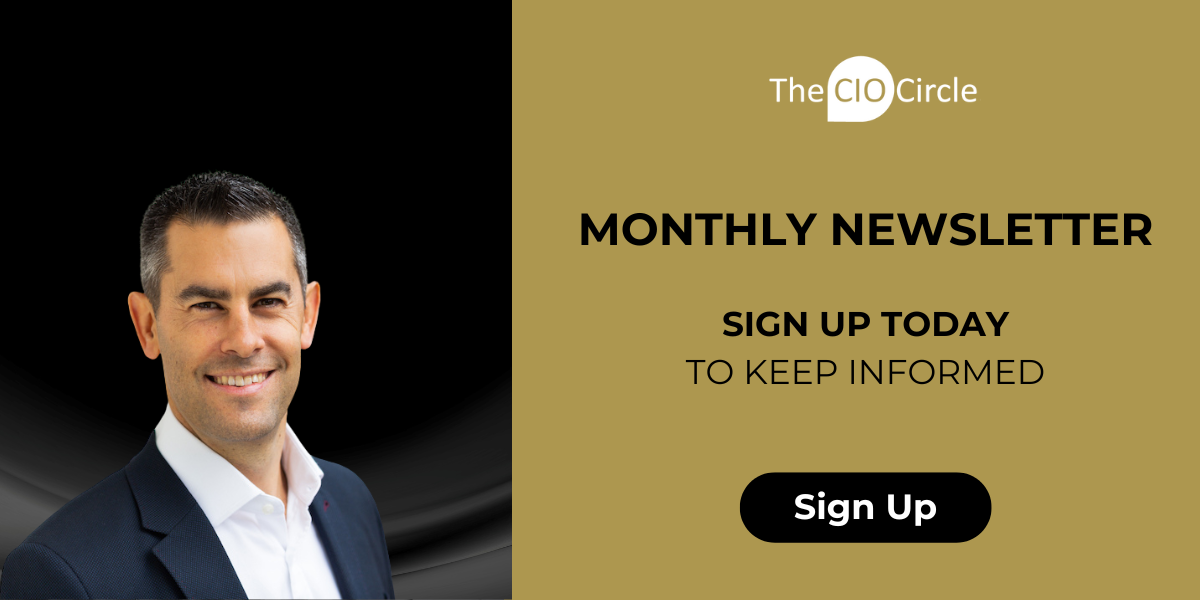GRACE LEAF
Acting CIO & Chief of Culture & Development at Community Colleges of Spokane
Can you please provide a little introduction about yourself
As Chief Information Officer (CIO), I lead an IT Division of 40 professionals who serve 30,000 students in a large, community college district in northeastern Washington. Spokane Falls Community College and Spokane Community College are comprehensive community colleges that provide workforce training, career-technical degrees and certificates, and transfer degrees to four-year institutions. We educate five generations of students in six counties and 112,000 square miles on the two campuses and at remote centers in Ione, Colville, Newport, Pullman, and Spokane Valley. Spokane is the second largest city in Washington state, four hours east of HQ for such tech giants as Amazon and Microsoft, as a reference point.
My identity and sense of connection to place are based on growing up in a rural community an hour north of Spokane. My colleagues and IT customers mostly hail from this region, even as we're seeing a huge influx of retirees moving from other states.
What has your journey to your position been like? What path have you taken?
When I was 6 1/2, I was adopted out by American parents stationed in Busan, Korea. One moment I was speaking Korean with my birth mom, and the next moment, I was plopped into an American first-grade classroom, playing survival charades to learn English on the fly. Talk about reimaging your hard drive.
After first grade, my parents brought me to a 100-acre ranch, near Addy, Wash., population 290. This intensive immersion experience gave me the skills to master accelerated learning and to adapt to completely new contexts in real-time. It explains why I am a practiced career shapeshifter and switched professions, not just jobs, in vastly different fields--counseling, human resources, and now IT, to help solve key organizational challenges at each level.
I began my higher education career in the '90s, starting at Gonzaga University, before the Zags became Twitter-famous (now X) "feuding" with comedian Jimmy Kimmel. In 1996 I literally crossed the tracks to work at Spokane Community College, because I was drawn to the idea of open access education for all students. I counseled students, taught classes, managed academic teams, and ran HR before being named CIO.
This unorthodox path was great preparation to lead change in turbulent times. It helps me view organizational change both as times of opportunity and of loss for organizations and humans alike. My counseling background and my doctoral coursework in leadership gave me the vocabulary to live and lead change in a different way from others who might have a pure tech background. Ultimately, digital transformation is about facilitating second-order change in humans and allowing opportunities for sense-making internally and in community.
Has it always been your vision to reach the position you’re at? Was your current role part of your vision to become a tech leader?
While I toyed with the idea of a C-suite role, I did not plan for it to be in an IT role. My educational and experiential background is in organizational development and leadership. Achieving success in a completely different arena led to the tech arena. In short, I am the Ted Lasso of CIOs. Ted didn't know anything about soccer but displayed passion for coaching people up. Regardless of where we come from, every CIO should be in the business of coaching people up.
This opportunity arose because I was working so closely with IT from the HR side during key leadership changes and the challenges of providing education in the midst of a global pandemic. My IT team eventually got over the shock of an HR director leading IT and rallied.
My first e-mail to my IT leadership team started, "After you pick your jaw up off the floor upon hearing the news of my appointment, let's get to work."
The tech piece I had to learn on the fly to gain credibility with my team and customers. It began with respecting my in-house subject matter experts' knowledge, skills and abilities. It was about listening. We experienced little disruption to IT services during and after the COVID lockdown. IT knew it was about getting devices and connectivity to the faculty and students and supporting them emotionally as well as with customer service. IT professionals who work in education do it for the mission and trade riches for the opportunity to transform students' lives. I am my team's biggest fan and aspire to be their biggest advocate.
Now that I'm in this seat, I am gratified to hear from customers and my team that IT is in a much better place. We are replacing antiquated systems, improving business processes, and celebrating big and small wins regularly. Growing my team, which includes mentoring a higher percentage of women in IT than the national average of 31%, is a moral imperative in an educational setting. Students will replicate what they see modeled on campus. If they see women thriving in IT, they will know their dream of being a tech professional is achievable.
As an industry, higher education is at an inflection point. As the intrinsic value of a college education gets questioned by employers on a daily basis, colleges like ours have to prove our relevance and value every day. Understanding students, faculty and the community will help IT be in the center of a conversation about revolutionizing higher ed for a new generation.
Have you had a role model or mentor that has helped you on your journey?
The person most responsible for supporting my unorthodox journey is Chief Strategy and Administration Officer, Greg Stevens. He is an HR expert by training and sensibility, modeling the growth mindset in creating pathways for people to add value in a mission-focused organization. Greg is the master of setting up learning experiences as stretch assignments, letting you experiment, and serving as a sounding board without judgment or ego. He was my boss for many years, a mentor leading by quiet example. As a peer, his insights are invaluable. I viewed my duckbill-platypus of a career as an anomaly, but Greg always helped others see me as an original, and that originality as a strength.
Psychologist Adam Grant talks about what originals need from their mentors because we need support from bosses and advocates for being different. The payoff can be greater for the organization and for the change leader who is an original. Grant writes, "Originality brings more bumps in the road, yet it leaves us with more happiness and a greater sense of meaning." My mentor gave me great mental shock absorbers for the bumpier path to the C-suite.
How do you see the role of the technology leader evolving over the next 5 years?
In higher education, it is critical that we continually innovate to stay relevant in students' lives. Being a tech leader means helping faculty and students learn how to learn new technologies. We are all cyborgs with wearable devices and augmented reality--and higher education needs to catch up to what students know and access in their recreational areas. We need to offer a similar heightened experience in education--and faculty can provide meaning-making and relationships mediated by technology.
Being a tech leader means understanding the cognitive and emotional demands placed on humans who have change thrust on them nonstop. It will be important not to move incrementally but to engage in a wholesale reformation of higher education. Higher ed tech leaders need to be prepared to lead not only from the technological standpoint, but pedagogically, and existentially.
What skills do you think leaders of the future will need in order to thrive?
Leaders need to understand and practice the power of rest. In themselves, their teams, and in the organizations they lead. They need to understand the science of timing and apply Daniel Pink's insights in "When". Just like the ancients, tech leaders need to be in concert with the rhythms of humans and the technology they will fuse with. If leaders can master this macro-level skill, all the other sought-after competencies will fall into place.
Herein lies the paradox of the next nano-epoch: Bring about second-order change in technology applications while fostering stillness and becoming in sync with the way humans are wired.
How do you keep current with new skills, technologies and personal development?
For education professionals tapping into Educause is important. Personal and professional development at this stage of my career is more about what to edit out, rather than what to bring in. Careful curation of thought leaders who have a more expansive view of the world from a long-term sustainability perspective is of interest to me. I avoid the noise of most tech content on the latest and greatest, preferring to have coffee with our students in pursuit of the optimum learning experience. They know what they need and what they don't need, and they're refreshingly honest in a way no focus group can be.
What do you see as the next leap in technology that will impact your business or industry in particular?
How we embrace and leverage AI and virtual reality as educators will transform the educational experience, whether or not colleges are still alive in the long term to be the providers of said experience.
"Don't be afraid to be an original and make your own path."
If you were mentoring a leader of the future, what advice or guidance would you give to help them on their way?
- Learn to be still and listen.
- Learn how to practice accelerated learning. Tim Ferris has made this skill an art form and gives great advice on how to do this.
- Don't be afraid to be an original and make your own path. Remember who helped to get you there and on whose shoulders you stand on. The myth of the self-made man is just that--a myth. Community and interdependence got you where you are.
- Be kind.
- Be grateful.
- Give back.
- Rest.
- Lather, rinse, repeat.
Is there anything in particular that you would still like to achieve in your career or what is the next step on your journey?
I am a synthesist, and I would like to find a way to coach future leaders and change agents, helping them navigate the next wave of turbulence and help them extract beauty and innovation from chaos.
If you could change one thing in the world, what would it be?
Other details that you'd like to add:
A big thank you to Grace Leaf from Community Colleges of Spokane for sharing her journey to date.
If you would like to gain more perspective from Tech Leaders and CIOs you can read some of our other interviews here.
August 7, 2024


